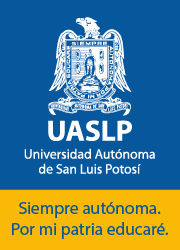Kv1.3 K+ channels play a central role in the regulation of T cell activation and Ca2+ signaling under physiological and pathophysiological conditions. Peptide toxins targeting Kv1.3 have a significant therapeutic potential in the treatment of autoimmune diseases; thus, the discovery of new toxins is highly motivated. Based on the transcriptome analysis of the venom gland of V. mexicanus smithi a novel synthetic peptide, sVmKTx was generated, containing 36 amino acid residues. sVmKTx shows high sequence similarity to Vm24, a previously characterized peptide from the same species, but contains a Glu at position 32 as opposed to Lys32 in Vm24. Vm24 inhibits Kv1.3 with high affinity (Kd = 2.9 pM). However, it has limited selectivity (~1,500-fold) for Kv1.3 over hKv1.2, hKCa3.1, and mKv1.1. sVmKTx displays reduced Kv1.3 affinity (Kd = 770 pM) but increased selectivity for Kv1.3 over hKv1.2 (~9,000-fold) as compared to Vm24, other channels tested in the panel (hKCa3.1, hKv1.1, hKv1.4, hKv1.5, rKv2.1, hKv11.1, hKCa1.1, hNav1.5) were practically insensitive to the toxin at 2.5 μM. Molecular dynamics simulations showed that introduction of a Glu instead of Lys at position 32 led to a decreased structural fluctuation of the N-terminal segment of sVmKTx, which may explain its increased selectivity for Kv1.3. sVmKTx at 100 nM concentration decreased the expression level of the Ca2+ -dependent T cell activation marker, CD40 ligand. The high affinity block of Kv1.3 and increased selectivity over the natural peptide makes sVmKTx a potential candidate for Kv1.3 blockade-mediated treatment of autoimmune diseases.









